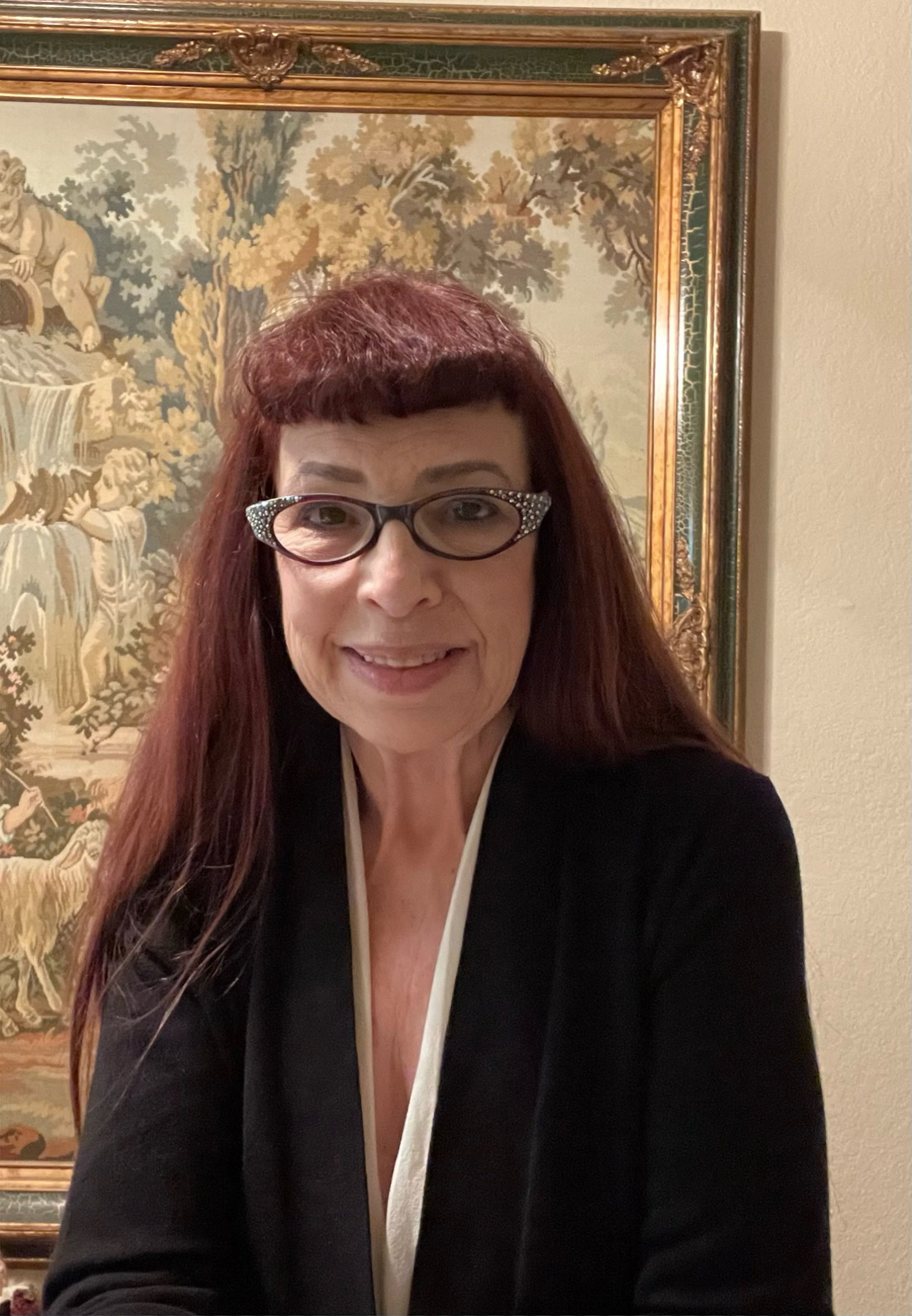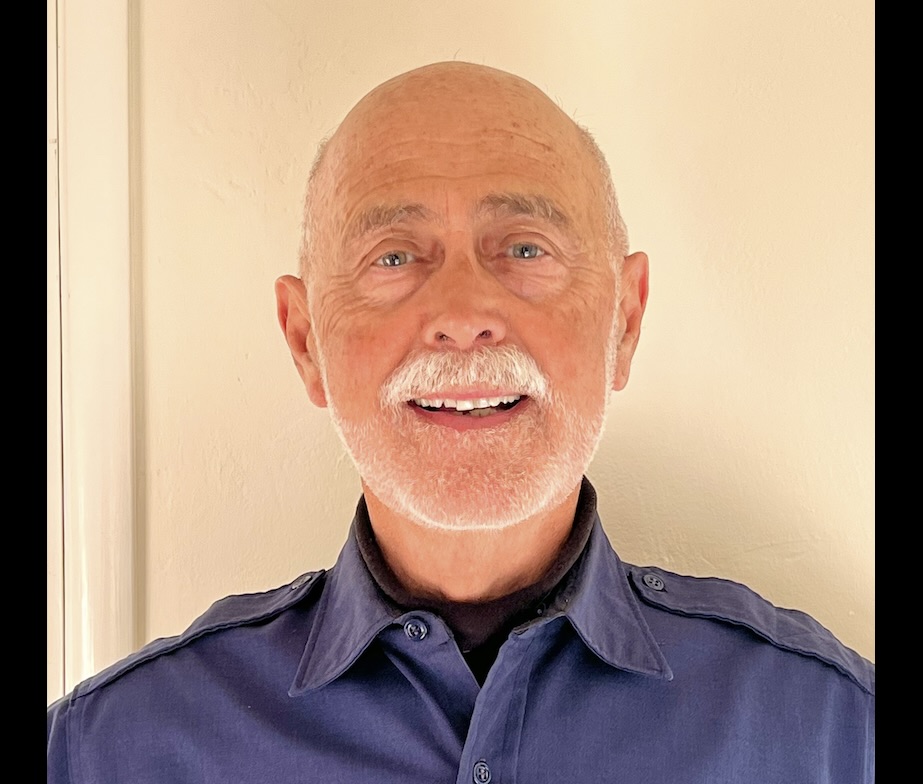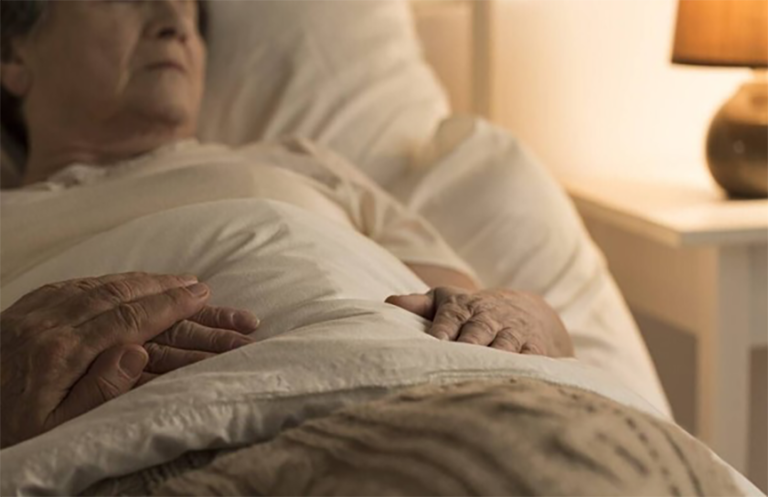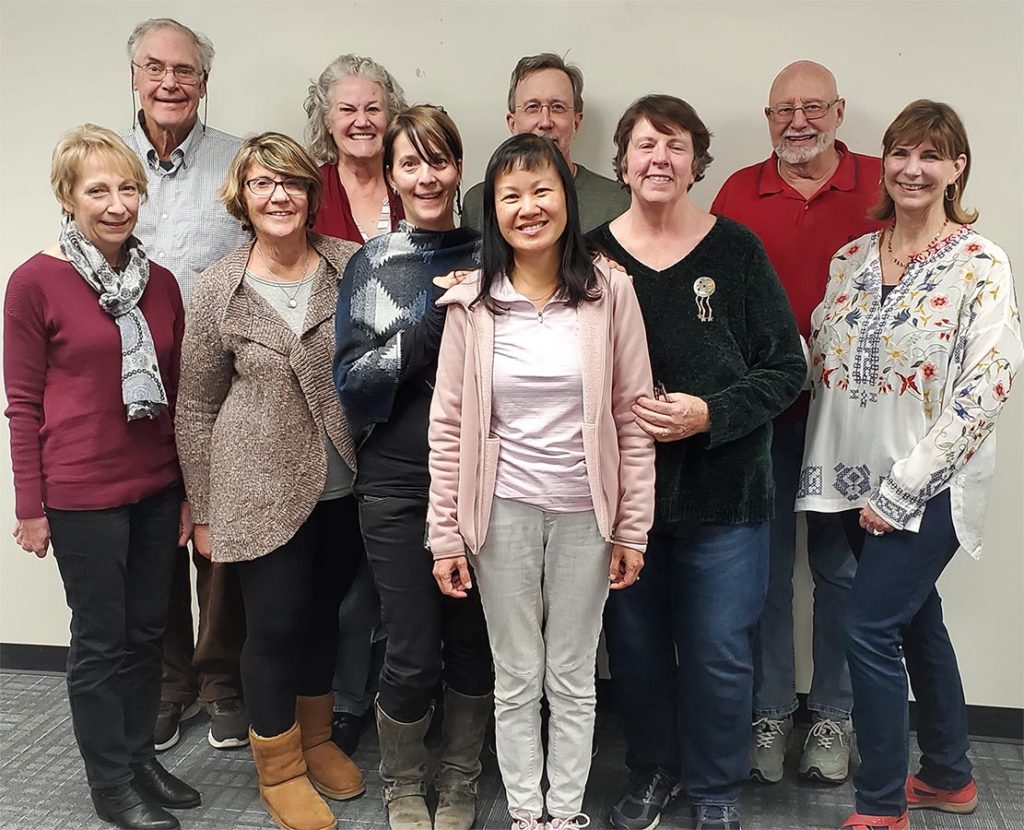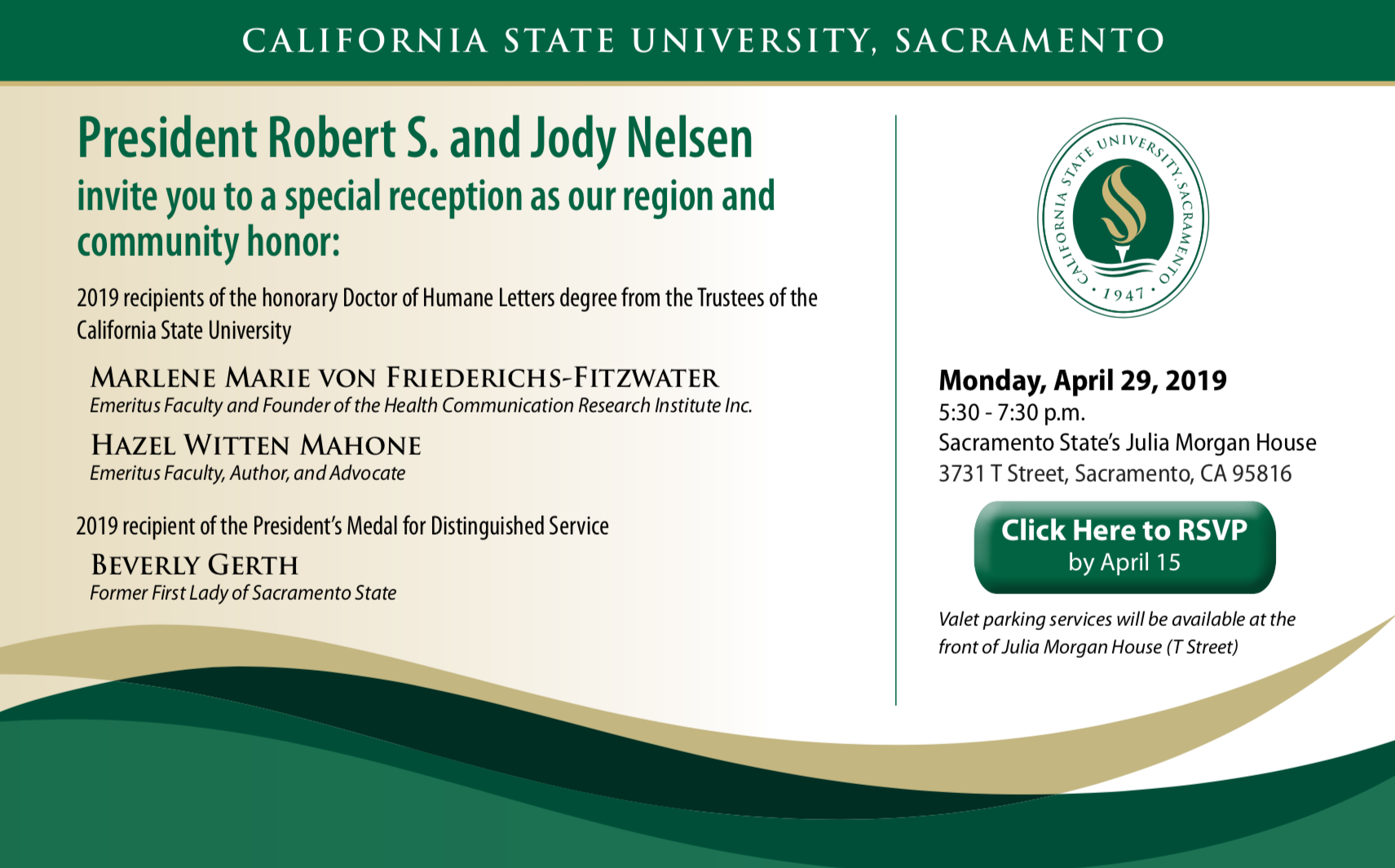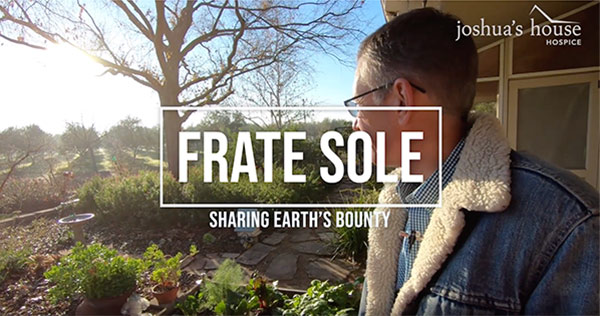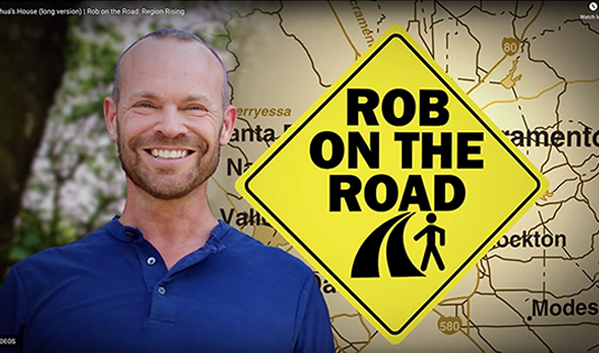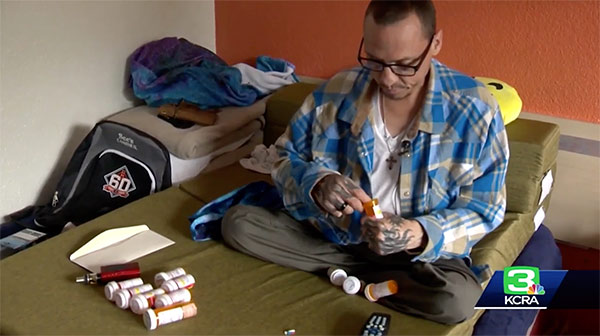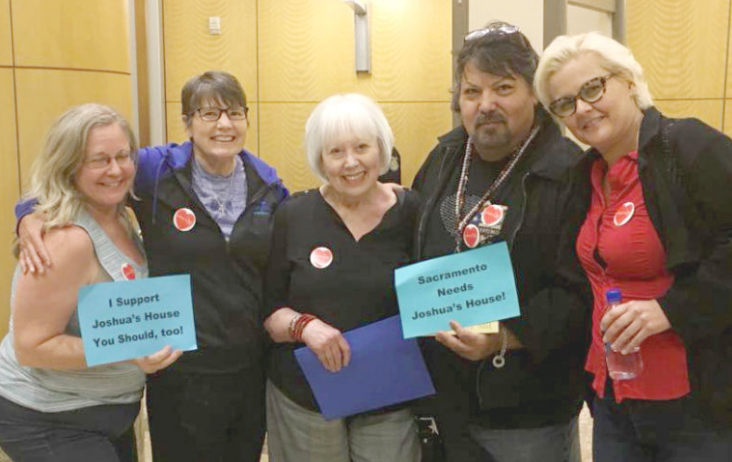
A native Sacramentan, Ms. Sharon Jennings grew up in the military and is a proud U.S. Air Force brat. She retired from the California State Legislature after serving 31 years as a Senate staffer. With an eye toward the future, she is passionate about the process by which today’s youth will be assured the quality of life we all deserve.
She is the president and founder of the South Natomas Improvement Association, a newly established nonprofit neighborhood association with a vision of fostering the art of community.
She is also a board member of the Natomas Garden and Arts Collective. As a life-long beneficiary of mental health care services, the availability and quality of services to all those in need is a strong passion for her. She currently serves as Co-Chair of the Mental Health Services Act Steering Committee for the County of Sacramento.
When asked about her decision to join the new Board of Directors for Joshua’s House Volunteer Hospice, she said, “Because I can and I want to be part of a solution to the ongoing homelessness crisis.”
“It’s an opportunity to bring my unique blend of 31 years of legislative service to the California Senate and 50 years of experience as a mental health consumer to address the alarming increase in homelessness in our community,” she added.
Sharon offered how she would like to see a Youth Board or more youth recruited for the new Board of Directors, “I would like to encourage the recruitment and involvement of youth in Board membership for Joshua’s House. It is a unique opportunity for the youth in our community to gain experience in civic responsibility and to be of service to those who are suffering.”
We are grateful to have Sharon willing to serve on our Board to help us be a significant resource and good neighbor in the Natomas community.

